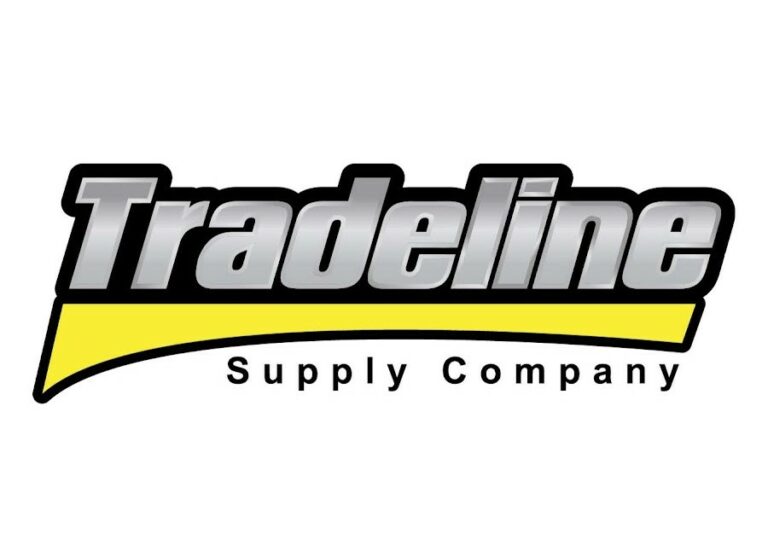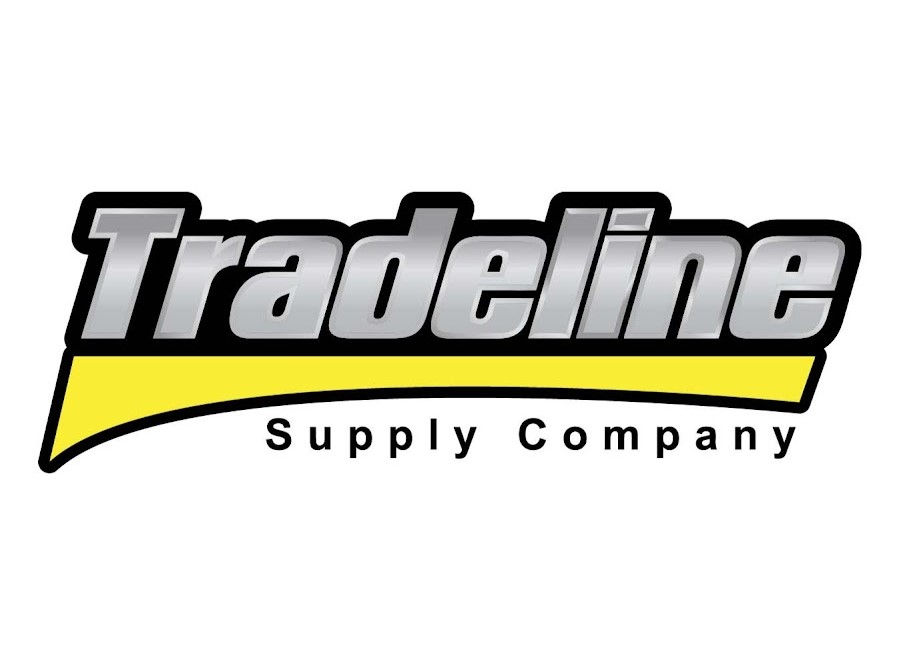What are Working Capital Loans?
Before delving into working capital loans, let’s take a broader view and discuss what working capital is and why it’s essential to your business. Working capital refers to the money that funds the everyday operations of your business.
Working capital is also called operating capital. It includes the costs of goods or inventory, supplies, materials, and rent. It also consists of the payroll for staff and other overhead expenses, such as utilities, that keep the business running.
An effective working capital management strategy would ensure you have the correct number of employees, balanced purchasing, and smooth cash flow. However, business can change at any time. Perhaps a sudden uptick in sales has caused additional inventory purchases and new hires. Or maybe you had unexpected costs and ran into a cash flow gap.
Whatever the reason, many small businesses occasionally find themselves short on working capital. Some small business loans help you cover daily expenses when needed.
Most working capital loans are short-term financing solutions designed to fund quickly with minimal paperwork. Many of these loans also have lower qualifications than conventional business loans.
The tradeoff for speed, convenience, and accessibility is that these business loans carry high costs. However, you only have the debt for a brief period. Working capital loans are also called cash flow loans.
What types of Working Capital Loans are available with Bad Credit?
Working capital loans through United Capital Source offer the following features:
- Max funding amount: $1k – $5 million.
- Factor rates: Starting at 1% – 6% p/mo.
- Term: 3 months – 5 years.
- Speed: 1 – 3 Business Days.
Small business owners sometimes struggle to qualify for financing due to poor credit scores. Maybe you launched the business with business credit cards or a personal loan, and now your personal score is lower than banks or credit unions would consider for a loan.
A small business owner in this situation would likely turn to alternative lenders. Also called online lenders, or fintech lenders, these digital financial services companies can provide fast funding while circumventing the strict underwriting of conventional loans.
Most online lenders or lending marketplaces use a financial technology (fintech) platform to analyze your business’s financials quickly. They take a holistic view of your company and focus on your sales, cash flow, and ability to earn revenue more than your credit score or length of time in business.
Because of this, online lenders can offer funding to business owners with low credit scores. However, your personal credit history will still be an important factor. While you can get approved, a low credit score often means a higher interest rate. You’ll also likely have daily or weekly payments.
Several small business loan options can provide working capital, including term loans, merchant cash advances, invoice factoring, or a business line of credit. You can get unsecured or secured loans.
What are the advantages of Low Credit Working Capital Loans?
The primary benefit is that you can get the funding necessary to manage cash flow gaps even with a low credit score. There are several types of working capital loans that can meet various business needs and challenges.
Working capital loans are available if you’ve been in business for less than one year. Traditional business loans from a bank often require two or three years of business history.
Small business owners get a convenient online application with minimal documentation. You can use the funds for a variety of business purposes. These loans provide fast funding to help you solve urgent financing needs.
What are the disadvantages of Low Credit Working Capital Loans?
The most significant drawback is the cost. Alternative business loans already have higher interest rates, and having a low credit score increases that cost. You might have to pay additional fees.
While many working capital loans don’t require collateral, you might have to put up collateral if you have a low credit score. You might have to sign a personal guarantee as well.
Lenders also want some additional assurances of repayment when you get a bad credit business loan. This often means shorter terms with frequent payments, usually daily or weekly. Many online lenders require automatic payments, usually as an ACH transfer from your business bank account.
Pros & Cons
Pros:
- Access working capital even with a low credit score.
- There are a variety of working capital loan programs available.
- Can get approved with less than one year in business.
- Quick and easy online application with minimal documentation.
- Fast funding times compared to bank loans.
Cons:
- Higher rates & fees than traditional business loans.
- Might require collateral & a personal guarantee for low credit scores.
- Short terms & frequent repayment schedules.
- Usually requires automatic payments.
How can a business with Bad Credit qualify for a Working Capital Loan?
A low credit score indicates a high risk for lenders. Either you have missed payments in the past, or your debt-to-income ratio is so high that lenders don’t think you can handle loan repayments.
However, some things can help offset a low credit score for business loans. Since your cash flow is the primary source of repayment, high monthly revenue streams can help reduce the perceived risk of lending to your company. You can also try getting a co-signer or pledging additional collateral to offset some of the risks for lenders.
Lenders also look at your business credit score when underwriting working capital loans. Sometimes it’s possible your personal credit score took a hit, but your business has a positive payment history and a high score. However, bad credit business loans can also help if you have a low business credit score or haven’t established business credit.
Approved businesses we work with here at UCS typically meet the following requirements:
- Annual revenue: $240k+.
- Credit score: 475+.
- Time in business: 6 months+.
How to apply for a Bad Credit Working Capital Business Loan:
The speed of the approval process depends on the desired product and a business’s financial health. Some products can be approved in under 24 hours, while others can take up to one week.
Here’s how to apply:
Step 1: Choose the Right Working Capital Loan
Bad credit business loans come in many forms. We usually recommend the loan options that feature the most uncomplicated repayment terms for your cash flow. This depends on the length of your cash flow gap and how quickly you can pay off the loan.
Step 2: Gather Your Documents
Depending on the working capital loans available, you may need the following documents and information:
- Voided business check.
- Bank statements (3 Months).
- Credit card processing statements (3 Months).
- Accounts receivable aging report.
- Accounts payable report.
- Driver’s license.
Step 3: Complete Application
Start the application process by calling us or filling out our one-page online application. Either way, you’ll be asked to enter the information from Step 2 above, along with your desired borrowing amounts.
Step 4: Speak to a Representative
After applying, a representative will contact you to explain the repayment terms & percentage rate of your available small business financing options. This way, you won’t have to worry about surprises or hidden fees during repayment.
Step 5: Receive Approval
The working loan application process generally takes a few business days. Once approved, the funds should reach your business bank account in 1-2 business days.
Frequently Asked Questions
Here are the most common questions about low-credit working capital loans.
Do banks offer Bad Credit Working Capital Business Loans?
Most banks won’t consider lending to a business owner with poor credit. A few might offer special programs for credit-challenged borrowers, but alternative lenders are the primary source for poor credit business loans.
What’s the lowest Credit Score for Working Capital Loans?
Most lenders willing to work with low credit scores still maintain a cutoff range, typically between 450-550. However, some funders, mostly merchant cash advance providers, offer no credit check business loans. So, in theory, there is no lowest credit score, but you should be aware that no credit check funders have astronomical rates and fees. Be very cautious when considering this type of funding.
Is a Working Capital Loan a good idea if I have Bad Credit?
There’s no sugarcoating: bad credit business loans are costly. If you enter into a funding arrangement that your cash flow can’t bear, you risk getting trapped in a cycle of debt that’s difficult to escape.
But there are times and situations when the high rates and fees of low credit business loans make sense. For example, if the working capital will power growing your revenue and improve your operating margins, you’ll have the cash flow to repay the loan without issues.
Some credit-challenged small business owners approach bad credit loans as bridge financing. You take a small amount of working capital on short terms to help support operations. As you pay back the debt and grow your business, your credit score, time in business, and revenue all improve.
Then you can qualify for a lower-cost business loan at a higher borrowing amount. It might even be possible to refinance the debt from the low credit working capital loan with a lower interest rate.
What are my alternatives to Bad Credit Business Loans?
Working capital loans don’t always make sense when dealing with a low credit score. Sometimes the costs are just too high, and it would create more problems than it solves. But your business still needs an injection of working capital. Here are a few potential solutions to try when faced with this issue:
- Equity funding: Brining in investors or business partners who provide capital in exchange for a percentage of ownership.
- Crowdfunding: Gain funding in micro-donations from your friends, followers, fans, and business clients.
- Business credit cards: A good solution when you haven’t established business credit yet. Many credit cards include various perks.
- Quickly boost your credit score: Paying down existing debt and increasing your available credit limit will significantly improve your credit utilization percentage. This can quickly increase your personal credit score.
- Build business credit: Opening trade lines with net-30 vendors can help establish and grow your business credit. A strong business credit score can help compensate for a low personal credit score.
Bad Credit Working Capital Loans – Final Thoughts
Getting a working capital loan with a low credit score is possible, but extra risks are involved. However, with careful planning and timely payments, you can use these loans to support your business and potentially increase your credit score.
When considering a bad credit working capital loan, ensure you’re only borrowing what you need and plan to use those funds to increase revenue. You also want to use a working capital loan that suits your business structure best.
Contact us if you have more questions on bad credit working capital loans or want to apply for a small business loan. Our loan executives can help you find the best business funding solution for your needs and qualifications.


















